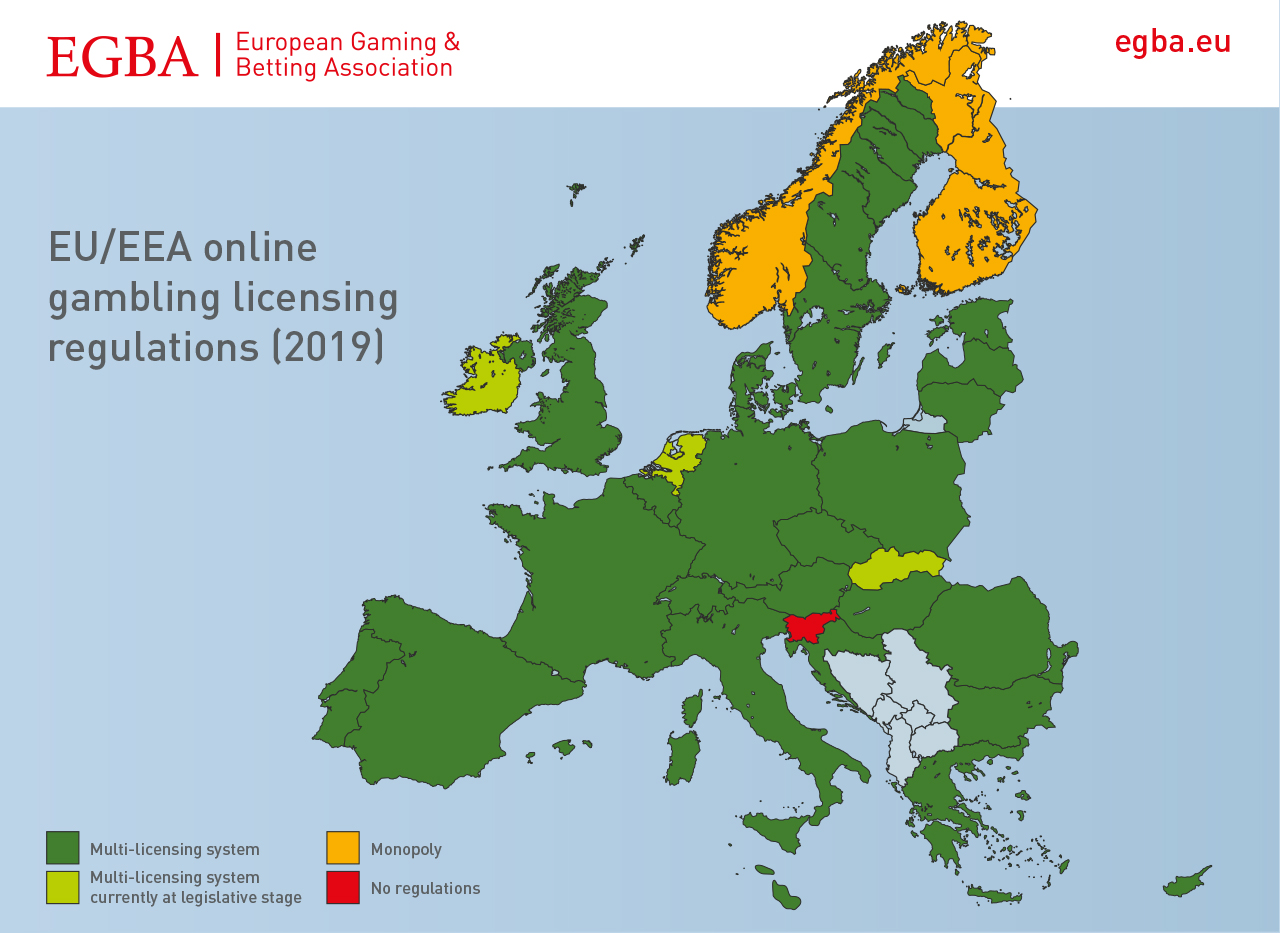Norway’s gambling monopoly brought into question by new research
25.05.2020
Norway has long justified its exclusive state-owned gambling monopoly on the basis that the state is better placed to protect consumers – but new government-mandated research shows the country’s problem gambling rate is increasing.
New research by the University of Bergen has revealed that Norway’s problem gambling rate has increased 62% since 2015, with 55,000 people currently affected and 122,000 more at risk. The research was commissioned by Norway’s Gaming and Foundation Authority, the country’s gambling regulator, and surveyed 9,000 citizens aged between 16-74 years old.
The research findings bring into question the country’s exclusive state-owned gambling monopoly and prove a fundamental rethink is needed to how the country regulates online gambling. Norway has one of the last gambling monopolies in Europe,[1] which the country’s authorities have long justified on the basis that problem gambling can be better managed by the state rather than private companies – a claim disputed by the research findings.
As monopolies naturally restrict consumer choice, it is unsurprising that about half of Norway’s gamblers choose to play with international websites which are more attractive – because these websites offer more competitive betting odds and attractive games than the state-owned monopoly. This situation undermines the overall effectiveness of Norway’s online gambling regulations, deprives the state of valuable tax revenues and leads to Norwegian gamblers playing on foreign websites where they are not protected by Norwegian laws.
Online gambling is a consumer-driven activity which is more effectively regulated when consumer demand is met in a safe and efficient manner. This is why the vast majority of other European countries have already some time ago rejected monopolies in favour of multi-license-based regulation for online gambling. Multi-licensing enables online gambling companies, who comply with strict regulatory requirements set by the respective national authorities, to provide their services in a country – offering gamblers the variety of products and better choices they search for and encouraging them to play in the country’s regulated market.
“These research findings are worrying and prove Norway’s gambling monopoly is not protecting its citizens. Gamblers tend to shop around for the best betting odds or bonuses and, if they are faced with restricted choices, they will simply look elsewhere to find them. That’s why the vast majority of European countries have rejected monopolies in favour of licensing-based online regulation and it’s only a matter of time before Norway will have to do the same. Providing the consumer with choice leads to better channeling, better tax revenues for the state and better consumer protection”. – Maarten Haijer, Secretary General.
[1] All gambling in Norway is provided by the government owned Norsk Tipping and Norsk Rikstoto companies, which have exclusive monopoly rights to provide all gambling and horse racing respectively.


